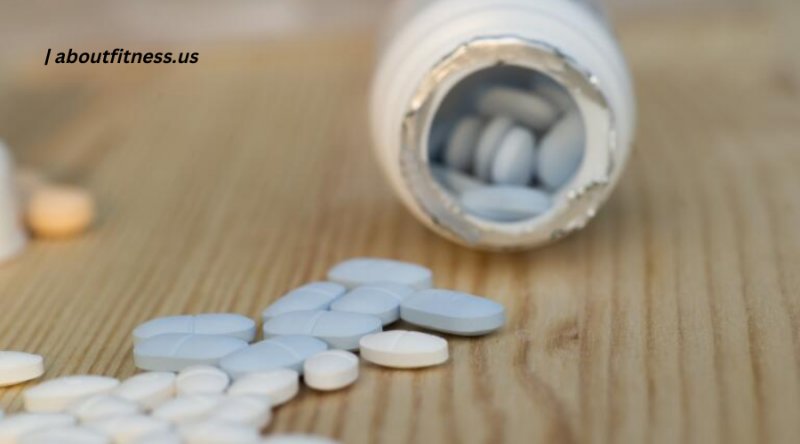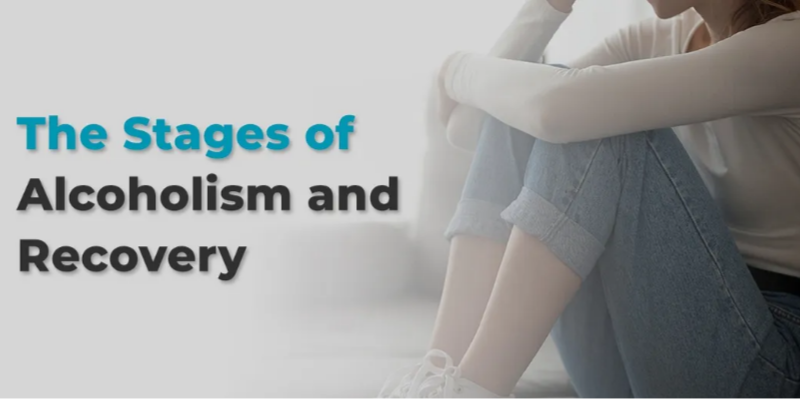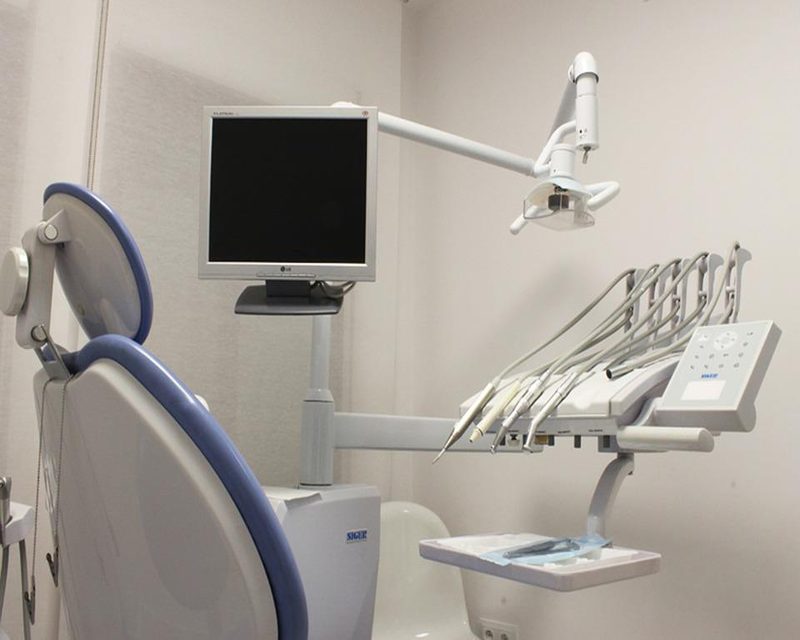No More Mistakes With HIV PREP DRUGS

Introduction
Pre-exposure prophylaxis (PReP) is a treatment recommended for people who don’t have HIV, but who are at risk for getting it. It’s using medications that can prevent HIV infection before exposure to the virus—and it’s an option for everyone who has sex with someone who doesn’t know they’re positive.
There are two approved PReP regimens available:
Truvada (emtricitabine/tenofovir disoproxil fumarate) and Descovy (emtricitabine/tenofovir alafenamide).
The goal of these drugs is to keep your body from becoming too resistant to HIV once you’re infected with it; however, they do not cure your illness or prevent transmission altogether if you become infected later on in life
HIV PReP is a drug regimen for people who don’t have HIV, but who are at risk for getting it
PReP is a drug regimen for people who don’t have HIV, but who are at risk for getting it.
- You may be able to reduce your risk of getting HIV by taking this medication daily in combination with other antiretroviral drugs. It’s important to tell your doctor if you have any medical conditions or are taking any other medications because they might interact with the medicine and cause side effects. Ask your doctor before taking any supplements while taking this medicine because they may not work as well or could be unsafe when taken together with some other medicines (such as aspirin).
PReP stands for pre-exposure prophylaxis.
HIV PReP is a drug regimen for people who don’t have HIV, but who are at risk for getting it. PReP stands for pre-exposure prophylaxis. It’s the use of medications that can prevent HIV infection before exposure to the virus.
- PrEP (pre-exposure prophylaxis) uses Truvada or another pill to reduce your risk of contracting HIV from sexual activity; if you take this pill every day as directed, there is an 80% chance you won’t get infected with HIV
When prescribed or used correctly and consistently, PReP can reduce the risk of getting HIV from sex by more than 90%.
If you’re at risk for HIV, taking a PReP pill is like having an extra set of eyes in the back of your head. It’s like having a backup plan that can help protect you from contracting HIV if it were to happen.
When prescribed or used correctly and consistently, PrEP can reduce the risk of getting HIV from sex by more than 90%. That means if you currently don’t know whether or not you’re HIV positive (or even if there are other STDs), this medication could prevent transmission!
PRep doesn’t have to be a lifetime commitment.
PReP does not have to be a lifetime commitment. Many people take it during sex periods when they’re at higher risk, such as when they have a new partner or multiple partners.
There are several ways to reduce your risk of getting HIV:
- Using condoms every time you have sex (if you don’t know your partner’s history)
- Getting tested for HIV every three months; if you’re negative and haven’t been recently infected with the virus, then it’s safe to assume that no one else in your life has it either
You should be tested every three months to make sure you’re not already infected and that you’re adhering to the treatment regimen
- You should be tested every three months to make sure you’re not already infected and that you’re adhering to the treatment regimen.
- If you’re on PReP, test for HIV at least once every six months—and more often if your viral load is high or if there’s a change in your health status. If this isn’t something that applies to you, then just get tested once per year instead of quarterly as recommended by AFFA.
Conclusion
PReP is a great option for those who have been diagnosed with HIV, but aren’t sick enough to be on antiretroviral therapy (ART) yet. If you’re concerned about your status or want more information on how to get started on PReP, contact your doctor today!




